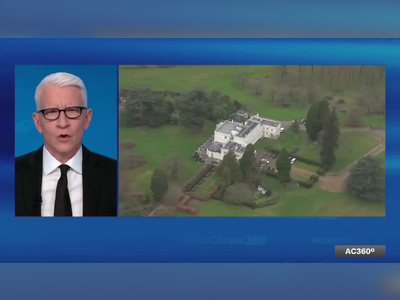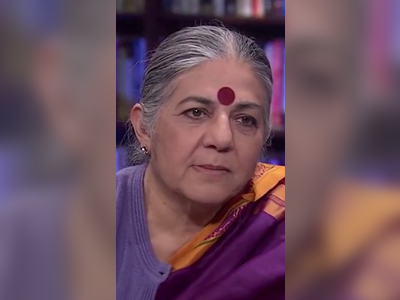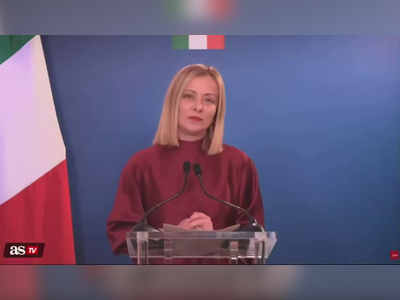
Hong Kong democrats face choice: Engage Beijing or give up seats
The 22 opposition members of the city’s elected Legislative Council are under intense pressure from their supporters to resign en masse before the body reconvenes next month for an extra year. Radical activists argue that staying on would legitimize Beijing’s decision to postpone the election originally planned for Sept. 6 — when the pro-democracy bloc had hoped to win an unprecedented majority on the body.
“I oppose any course of action that’s not consistent with holding an election and getting a renewed mandate from the people,” said lawmaker Raymond Chan, who dismissed the upcoming session as “illegal.” “I do not accept Beijing’s appointment.”
Moderates, however, fear surrendering their biggest political platform and giving China a freer hand to curb civil liberties in the former British colony. Opposition lawmakers on the 70-seat council have long been among Hong Kong’s most recognizable democracy advocates and have successfully used their votes to block some of Beijing’s most contentious proposals.
The split illustrates the bleak outlook for Hong Kong’s opposition after a sweeping crackdown by China, including a wave of arrests, a new national security law and the mass disqualification of legislative candidates. To decide whether they should quit, pro-democracy lawmakers have agreed to hold a week-long public opinion poll starting Monday.
The survey is scheduled to take about a week to complete. Most expect a majority to favor resignation, since a similar poll last month found 63% were opposed to them staying on.
“Both factions hope that the poll results will pacify their own arguments,” said Sonny Lo, an academic and commentator on Hong Kong politics. “The problem is, they are using the poll as a band-aid solution to overcome their ideological differences.”
The dispute plays into China’s efforts to break an opposition that last year managed to mount a historic wave of large, disruptive and sometimes violent protests against the city’s Beijing-backed leader Carrie Lam. In June, China’s top legislative body handed down a tough national security law that outlawed many of the tactics used by protesters, from advocating U.S. sanctions to disrupting mass transit to shouting slogans for “revolution.”
Hong Kong authorities subsequently used the law to arrest more than 20, activists including media tycoon Jimmy Lai, and bar a dozen more from running for election. Meanwhile, Lam has blamed the threat of coronavirus for emergency actions to ban public gatherings that could turn into demonstrations and delay the election. The National People’s Congress in Beijing then weighed in to extend the four-year terms of sitting legislators by “not less than one year.”
“The decision by the NPC to postpone the election actually put the ball back in their court: They either split among themselves or withdraw and disappear altogether,” said Tian Feilong, an associate law professor at Beihang University in Beijing. “Such a reckless move also means they’re giving up the channel to communicate and game with the central government, and they are willing to marginalize themselves.”
Resigning early could be seen as “violating” the national legislature’s legally binding decision to extend the lawmakers’ terms, Tian said. That raises the risk that those who step down could be kept from running again, since Hong Kong has given election officials wide latitude to bar candidates who defy China’s edicts.

Thousands of protesters defied social-distancing rules and returned the streets on Sept. 6, in a show of anger over the delayed election. Hundreds were arrested. Demonstrations could flare again on China’s Oct. 1 National Day holiday, an occasion that saw some of last year’s most intense unrest.
While all 22 pro-democracy lawmakers issued a statement on Facebook opposing the extension of their four-year terms, only two, including Chan, have announced their intention to boycott the session. At least 15 have pledged to step down if the survey showed more than 50 percent wanted them to go.
Fernando Cheung, who often attempted to mediate between radical demonstrators and police during last year’s protests, opposes quitting even though he signed the pledge. He argues that resigning would only make it easier for Beijing to impose its will as it has done on Muslim Uighurs in the western region of Xinjiang.
“It’s a necessary and responsible tactic to stay in a relatively more powerful position to continue the fight,” Cheung said. “We will slide rapidly into a repressive state that is similar to Xinjiang without a pro-democracy force in the legislature.”
Just months ago, the opposition had hoped to ride the momentum of the protests and a landslide win in last fall’s District Council elections to legislative victory. Even without a majority, “pan-democratic” politicians were able in 2015 to block a China-backed bill that would have limited Hong Kong’s first direct leadership election to candidates approved by Beijing.
“Once a number of them resign, they won’t be able to block another bill again,” said Dixon Ming Sing, an associate professor at the Hong Kong University of Science and Technology who specializes in local politics.
There are other costs, too, including losing the ability to hire staff and lease office space. Those who resign might still struggle to reconcile their more moderate views with a radical base that has increasingly advocated violence, vandalism and once-fringe ideas like independence from China.
At the same time, some democrats who resign could capitalize on the support they receive to seek re-election, where they can continue to challenge the government, said Regina Ip, a pro-establishment lawmaker and member of Lam’s Executive Council.
“From our point of view, next year will be anything but calm,” Ip said.











